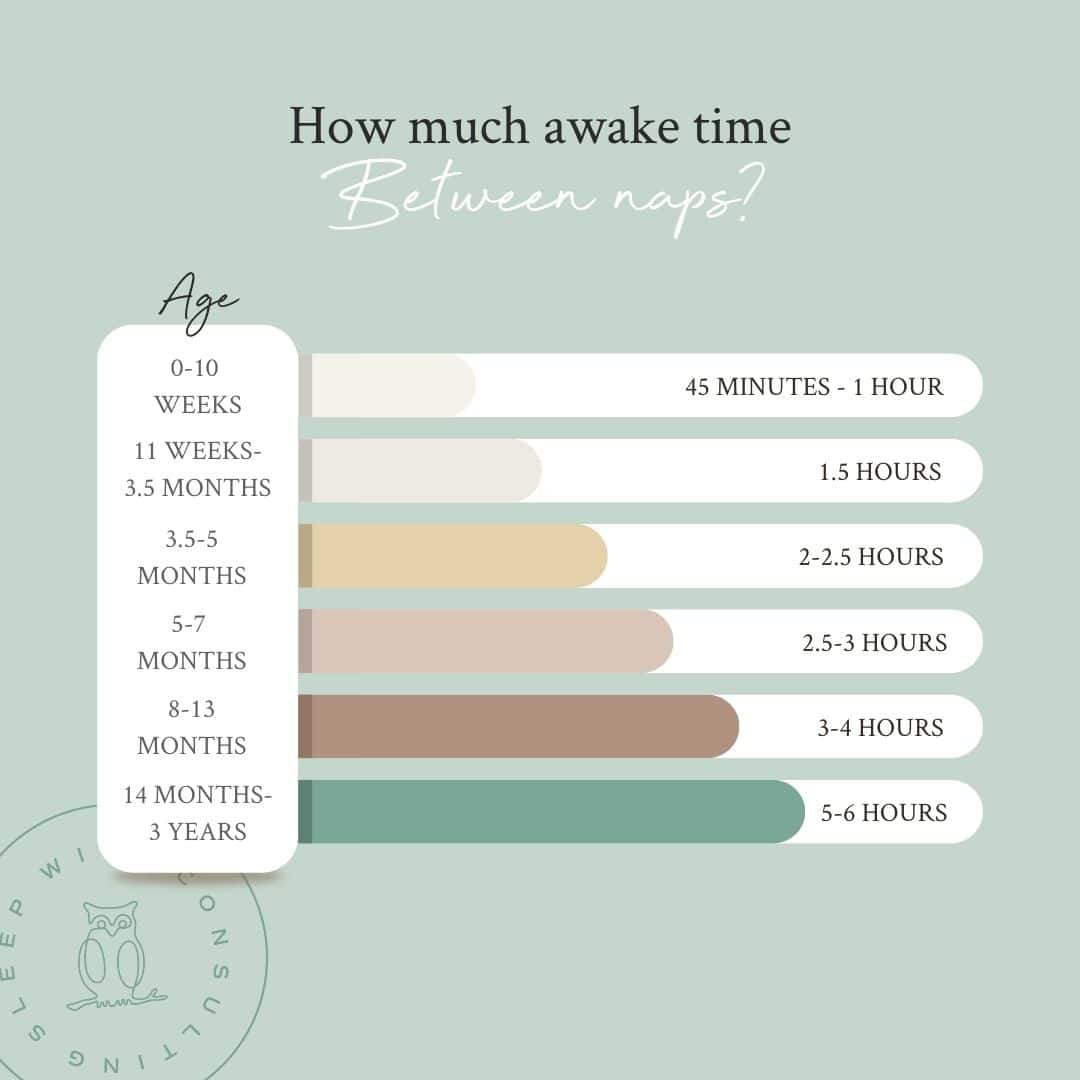Going Out to Dinner with Kids While on a Sleep Schedule
What Happens When A Child Is Overtired?
Conversations with families about overtiredness, often start like this, “I kept my child up later at night so that they would sleep later in the morning.” Or “I skipped their last nap of the day so they could fall asleep more easily at bedtime.” You see your child struggling to sleep so it seems like a clear solution: keep them up longer at night or skip naps and they’ll sleep at night. Unfortunately, there is clear science to back up this myth. In fact, this practice will work against all your efforts to help your child sleep well.
When a baby is overtired, falling asleep and staying asleep are both exponentially more difficult. Further, overtired kiddos are more likely to wake up earlier in the morning! This is why skipping naps or keeping children up later doesn’t result in longer overnight sleep.
If you’d like to prevent overtiredness, or break the cycle of an overtired baby, we’ve got you covered.
Factors that Prevent Overtiredness
Although some factors are outside of our control in achieving quality sleep, several factors impacting sleep are well within our control:
- Ideal Sleep Environment
- Predictable Nap Time and Bedtime Routines
- Independent Sleep Skills
- Full, Adequate Feedings
- Avoiding Screen Time prior to Sleep
- Age-Appropriate Awake Windows

Let’s talk specifically about that last factor. Why does the awake window matter to overtiredness? Timing is a primary factor in the natural release of those helpful sleep hormones. When little ones stay awake past the amount of time they can generally handle, natural cues activate in the body. Unfortunately, those cues activating (instead of sleep) means trouble is ahead. The body assumes sleep is intentionally being avoided. Thus, it works extra hard to stay awake. It makes every effort to fire up daytime hormones again!
Once the body’s production of cortisol kicks back in, it’s very difficult to shut back down. At this point, a baby or toddler is already very tired. Less sleep therefore leads to an untimely increase in daytime hormones. The cycle perpetuates repeatedly, which is why overtiredness seems to compound, especially in the youngest of sleepers.
How to Break the Cycle of an Overtired Baby
- Watch the clock: When planning nap times, daily routines, and trips, lay your child down when he or she has an ideal amount of sleep pressure. Do not intentionally wait past the window of opportunity. If you are out and about with your little one, opt for a nap on the go at around the same time they’d sleep at home.
- Routine: Implementing a short routine prior to sleep that is repeated daily helps our children to know what is coming and also helps their bodies to prepare for sleep.
- Consider sleep cues: Some good signs to watch for include tugging at ears, rubbing eyes and nose, reddened eyebrows, arching back, and turning face into your chest. Do not wait for yawning and crying. Just be mindful that infants can show unpredictable sleepy cues, which can easily be mistaken for hunger cues. Newborns especially may be happy for long periods of time and then begin screaming in a matter of seconds. This is why having an awareness of your child’s awake windows can be helpful.
- Soothe & Calm: Once your baby is overtired, sleep is extremely challenging. Your baby’s body is telling them to be awake, after all. Dim lights, a bath, and a book can all help your baby’s body to shift gears and prepare for sleep.
Timing is everything
Newborns can usually only handle about an hour of awake time. As infants grow, they can handle staying awake for longer stretches, and overtiredness is less worrisome. That doesn’t mean it isn’t a concern at all, but it does mean flexibility increases as our kiddos age. However, even a newly 6-month-old should typically only be awake for around 2.5 to 3 hours at a time, so stay aware of the schedule. When in doubt, err on the side of more sleep.
Toddlers can handle more awake time, but generally if you push past 5 to 6 hours (depending on their age), you will likely be dealing with a different child (IYKYK!). Toddlers have a quirky habit when they get overtired. The surge of reactivated daytime hormones can present as a frenzy of energy and excitement. In fact, their behavior may be just the opposite of what you would expect from a child who should have already been in bed a while ago. However, you’ll soon observe a huge mood shift into total crankiness. When the overtired behavior sets in, be aware that a meltdown is likely to follow, making bedtime more challenging.
A timing-based routine (or even a nap schedule for older babies) can sound a little rigid when it is unfamiliar to parents and caregivers. After all, we admit that an hour awake at a time feels like barely enough to accomplish more than a diaper change and feeding with a six-week-old. It may seem that after getting a full belly and enjoying just a tiny bit of play, it is already time for baby to get back into the crib to get down for another nap. However, preventing overtiredness pays off in big ways. I encourage you to give age-appropriate awake windows a try!
Need our help? Schedule a free call!


